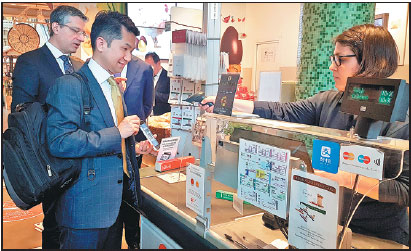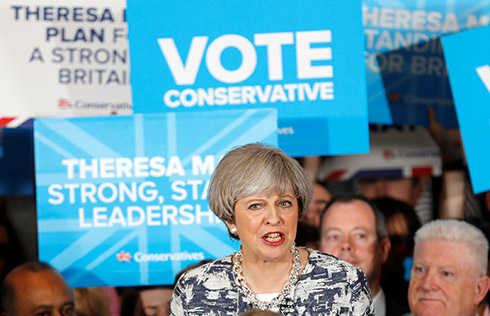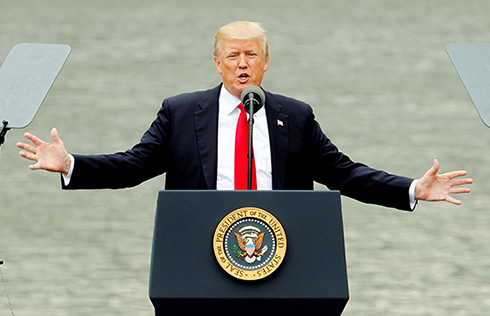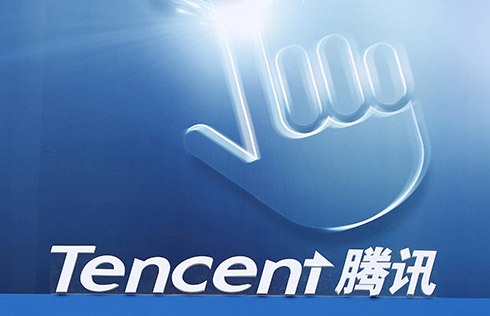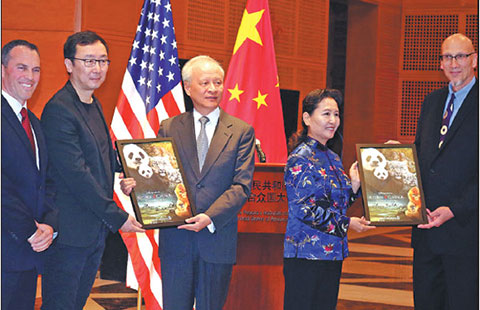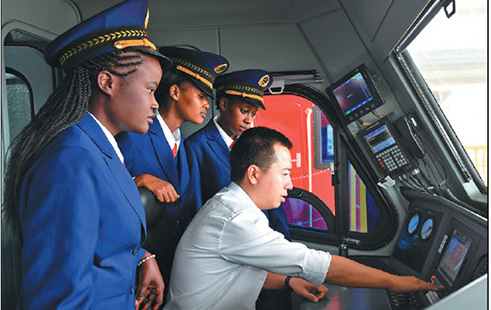Italy seeks synergies for economic revival
The Mediterranean country has pledged active promotion and engagement with the 'new Silk Road'. Fu Jing reports from Rome.
Editor's note: This is the latest in a series of reports focusing on the development of the Belt and Road Initiative, the proposed trade route linking China with the rest of the world.
Italy was the European terminus of the old Silk Road, and therefore a meeting point for China and Europe.
Now, in seeking synergies with the Belt and Road Initiative, which many Europeans are calling the "new Silk Road", the country is determined to seize the opportunity to revive its economy.

Sergio Mattarella, Italy's president, has pledged that his country will actively promote and develop the initiative.
During a six-day visit to China in February, Mattarella said that given Italy's geopolitical advantages in connecting Asia, Africa and Europe, the two countries can "write a new chapter in history" by implementing the initiative.
Paolo Gentiloni, Italy's prime minister, will join about 30 national leaders at the Belt and Road Forum for International Cooperation in Beijing at the weekend.
Gentiloni is familiar with China after meetings with Chinese counterparts when he was foreign minister in Matteo Renzi's cabinet from 2014 until December. He was also minister for communications when Romano Prodi served his second term as prime minister from 2006 to 2008.
Development strategies
Last year, Gentiloni, then foreign minister, agreed with his Chinese counterpart Wang Yi that both sides should promote three major strategies: Exploring the synergies between the Belt and Road Initiative and Italy's development strategy; the links between Made in China 2025 and Italy's Industry 4.0 program; and the relationship between China's Internet Plus strategy and Italy's technological innovation plan.
"The Italian side earnestly expects to be considered a key cooperative partner by China in jointly building the Belt and Road, and hopes that more Italian businesses will participate in the initiative," Gentiloni said, in an official statement.
In November, when President Xi Jinping made a technical stopover on the Italian island of Sardinia en route to South America, he met with Renzi, who promised that Italy will actively participate in the development of the initiative.
"Italy's leaders have shown a strong desire for cooperation. President Mattarella has demonstrated full confidence in the initiative, and Prime Minister Gentiloni has also expressed his strong support on many occasions," said Li Ruiyu, China's ambassador to Italy.
Mutual benefits
Italian businesses have also shown strong interest in exploring the mutual benefits that will accrue from embracing the initiative.
"I have attended many themed promotional activities organized by the Italians to push economic and trade cooperation to a new high," Li said.
Trade between China and Italy was $43 billion last year, while China has invested more than $12 billion in Italy.
"Chinese companies have participated in some heavyweight projects in Italy," he said, adding that China and Italy will soon renew the action plan for cooperation, which expired at the end of last year.
Luigi Gambardella, president of ChinaEU, a business-led international association in Brussels, said the two countries can explore third-party cooperation in the fifth-generation era by improving the digital and telecommunications infrastructure along Belt and Road routes.
One of the main Chinese investors in Italy is ZTE, the telecommunications giant, which last year won a $1 billion contract to upgrade Italy's telecommunications infrastructure.
Hu Kun, ZTE's head of operations in Western Europe, said the company will upgrade Italy's telecommunications infrastructure in preparation for the 5G era: "When the project is finished, Italy will be the European frontrunner in terms of telecommunications infrastructure."
He added that the project will create about 2,500 new jobs in Italy in the next two and a half years, and ZTE will expand its "smart city" business and research facilities in the country.
John Hooper, correspondent for the Economist magazine in London, is a close observer of the benefits Italy could gain from the dynamics of Asia, especially China's development.
He said Italy is traditionally an exporting country and its economy can easily be influenced by external factors, so economic reform will be needed to further unlock its potential: "The country needs outside demand to develop its economy, especially from China," he said.
"However, Italy is still a country dominated by family-owned businesses and small and medium-sized enterprises, which makes it difficult to engage with China's demands and penetrate the Chinese market," he added.
"What I suggest is letting Italian SMEs form alliances region by region to engage Chinese customers and boost their presence in the huge market."
Wang Keju, Zheng Jinqiang and Zhang Zhaoqing contributed to the story.
Contact the writer at fujing@chinadaily.com.cn
|
Chinese customers use the Alipay platform to purchase goods at a store in Rome.Photo By Xinhua |

(China Daily 05/12/2017 page6)




